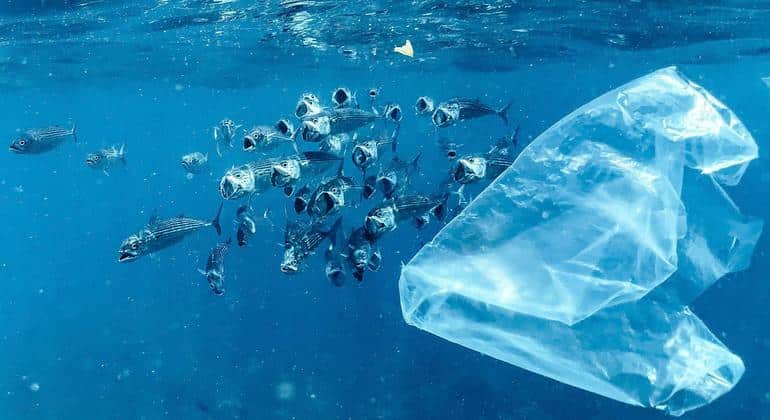The United Nations Environment Programme (UNEP) has issued a warning about the escalating plastic waste crisis, stating that without the signing of an international agreement, plastic waste could triple by the year 2060. This projection raises concerns for both the environment and global public health.
The discussions aimed at a global treaty emerged following the decision of member states in 2022, where they committed to developing a legally binding instrument to address plastic pollution, especially in oceans, within two years. Everyday items such as straws, cups, and plastic bags have become a significant threat to marine ecosystems and landfills.
Supporters of this treaty see it as essential, comparing it to the Paris Agreement due to its potential impact. However, they face opposition from petro-states, which feel that their economic interests are threatened, as oil and natural gas are vital to plastic production. Inger Andersen, executive director of UNEP, has emphasized that relying on recycling alone is not enough; a systemic shift towards a circular economy is necessary.
The proposed agreement aims to encompass all aspects of the plastic lifecycle, from design to final disposal, promoting circularity and preventing pollution. A 22-page document guiding the negotiations includes 32 drafts to be discussed during the upcoming conference.
From August 5 to 14, this topic will be debated in Geneva, where delegations from 179 countries and over 1,900 participants from various organizations, including scientists and environmentalists, will exchange strategies to reduce plastic use and explore more sustainable alternatives.
At the same time, a study published in the medical journal The Lancet has highlighted the public health repercussions linked to plastics, warning about severe diseases affecting all stages of life, particularly children. Additionally, the economic cost of these health issues is estimated to exceed $1.5 trillion annually, underscoring the urgency of addressing this crisis.
The executive secretary of the Intergovernmental Negotiating Committee on Plastic Pollution, Jyoti Mathur-Filipp, will lead the discussions in Geneva. According to her data, humanity is expected to consume over 500 million tons of plastic by 2024, generating 399 million tons of waste. Projections indicate that environmental leaks could increase by 50% by 2040, resulting in potential damage of $281 trillion between 2016 and 2040.
So far, five negotiation sessions have been held in various countries, including Uruguay and France, with the goal of creating an international consensus to tackle this critical issue.
via: MiMub in Spanish
